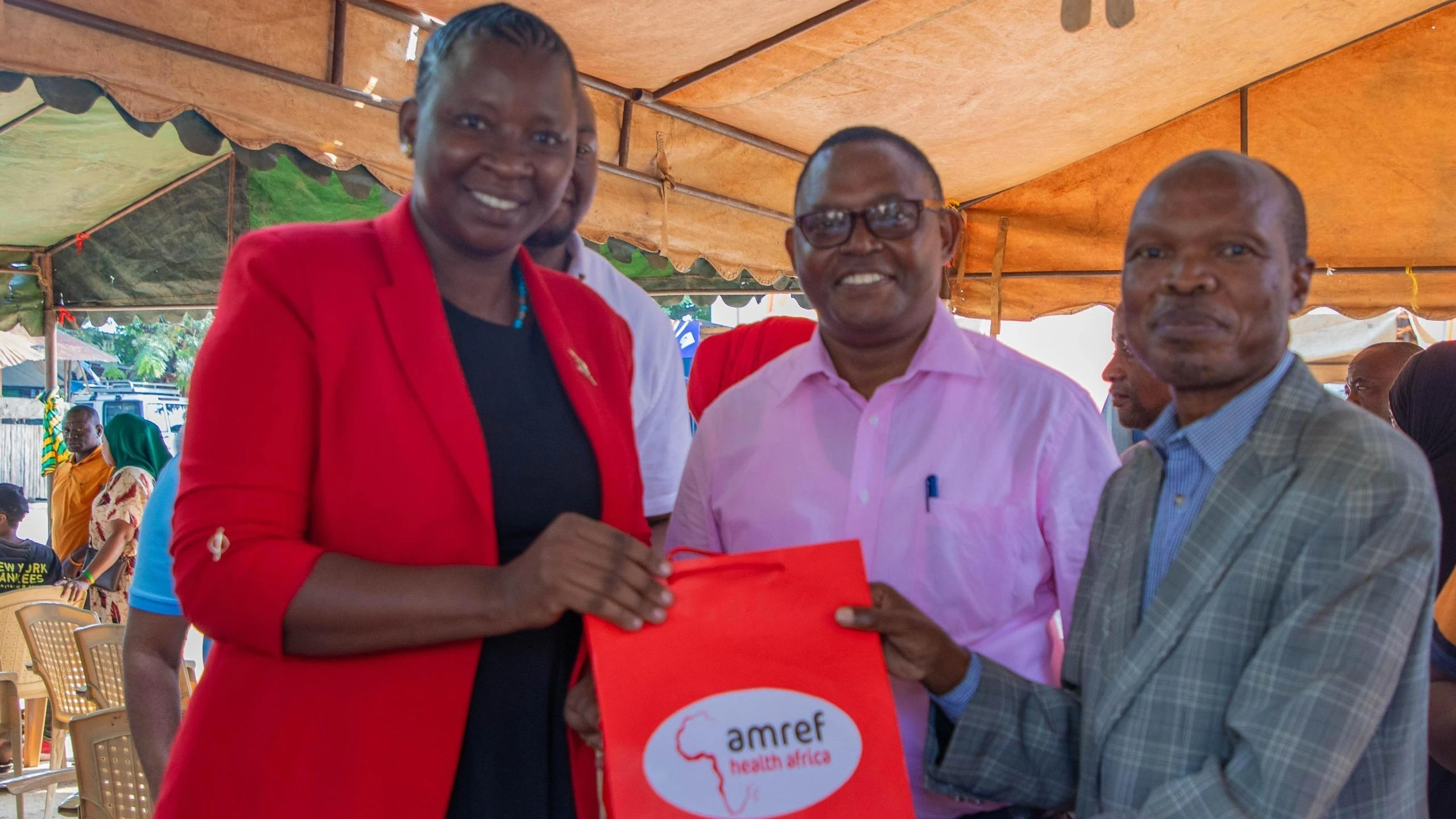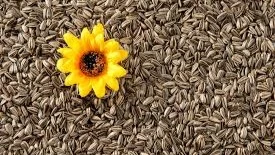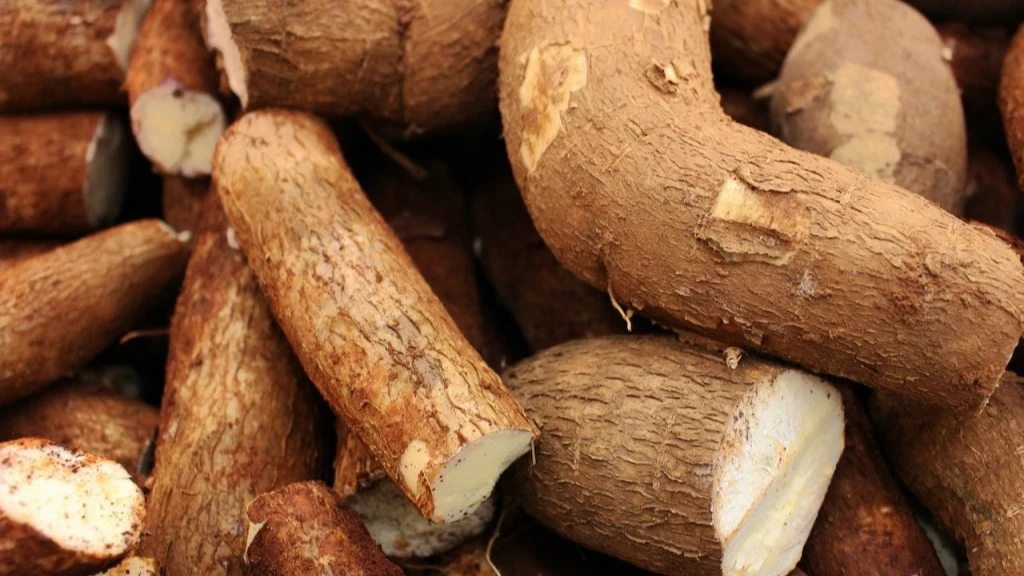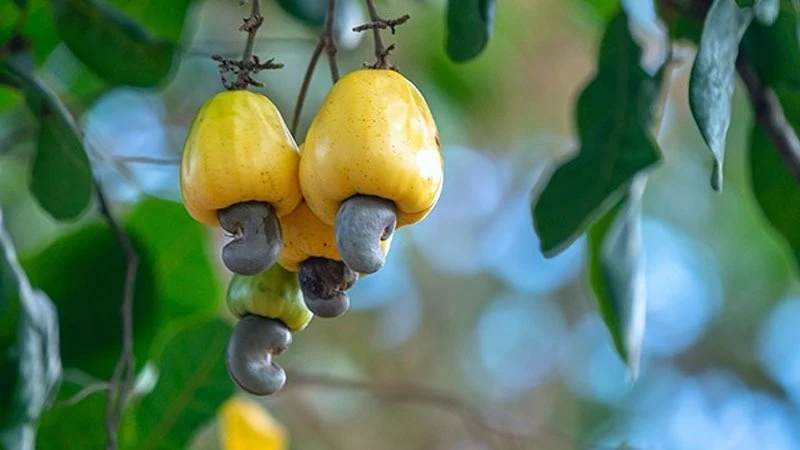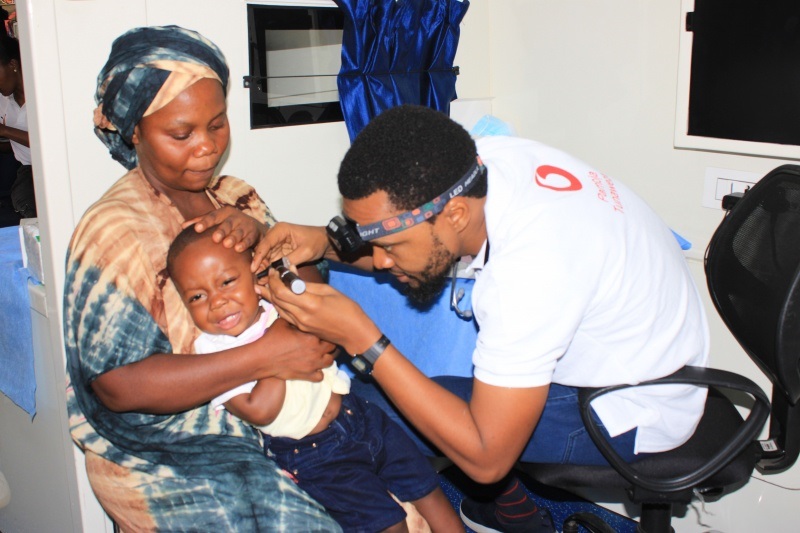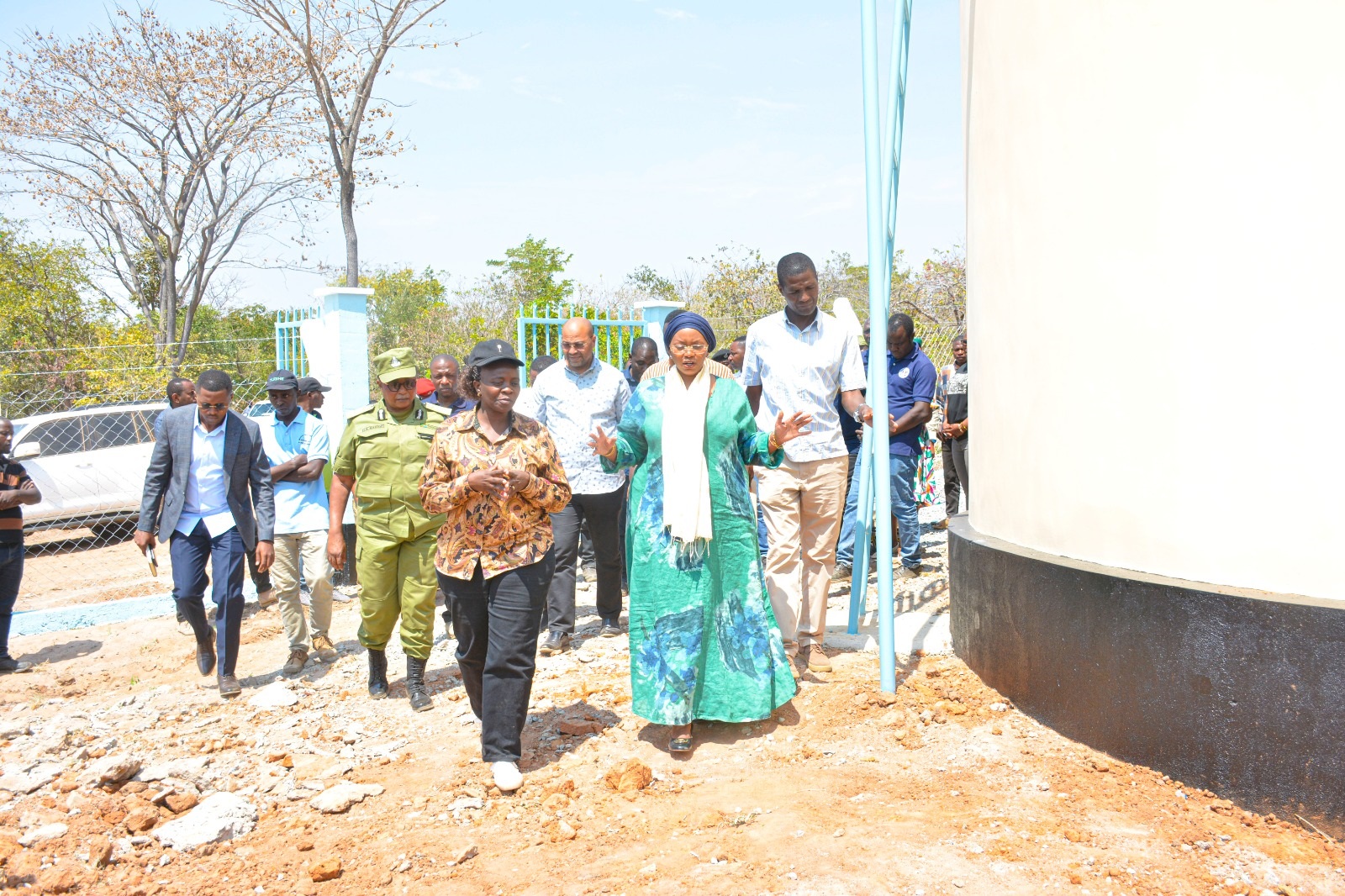TPHPA: Cloud computing set to enhance crop exports

THE Tanzania Plant Health and Pesticides Authority (TPHPA) has launched cloud-computing technology for advanced crop DNA sequencing to improve export market access.
Prof Joseph Ndunguru, the TPHPA director general, launched the project yesterday at the ongoing annual agricultural exhibition, asserting that the technology is projected to enable Tanzania to enhance exportation of key cash crops to international markets through improving phytosanitary measures, among other benefits.
He affirmed that advanced DNA sequencing technologies have revolutionized genetic interventions by enabling faster, more accurate and cost-effective analysis of DNA, enabling researchers to study genomes, gene activity and genetic variations with unprecedented detail.
In a press briefing, he was optimistic that the adopted technology will bring about major transformation in the county's agriculture sector, as global high tech impacts key sectors, including forests and environment, wildlife and livestock, water and agriculture.
Funds for adoption of the technology are expected total euros 11m, already invested for the general performance of the country's plant health service in cooperation activity with the European Union (EU) and the United Nations Food and Agriculture Organization (FAO), he stated.
So far TPHPA has managed to procure 20 portable DNA sequencers readying to offer the vital services across the country, he said, noting that the technology introduced has the technological capability to perform numerous tasks.
These include pests and disease diagnostics, facilitation of boarder crop trade, biodiversity (plant and animal) characterization and identification of invasive weed species, he stated.
Other works detailed include seed purity, livestock and animal disease identification, human disease pathogen identification and characterization, along with forensic analysis, he elaborated.
The technology is useful in performing environmental conservation, fast- tracking breeds, soil identifying microbes and controlling water contamination, he stated, also pointing at wildlife tracking, establishment of DNA databases.
Observing environmental impact footprints, identification of medicinal plants, tracking adoption of crop seeds and verifying purity of planting materials will also be facilitated, he specified.
The agency mandated to regulate, coordinate and promote plant health and phytosanitary measures countrywide is preparing a tour of various regions to assist farmers in specific agricultural zones to curtail plant diseases and pests via the new technology, he said.
He expressed appreciation for the government in facilitating the conduct of vital activities more professionally, working with the development partners, noting also that agricultural extensional officers will also be trained on the technology.
The DNA sequencers will be placed at border posts for effective monitoring of crop exportation and importation, he said, highlighting that during fiscal 2021/22 and 2023/24, TPHPA helped in earnings of $10m from crop exports, obtain potential new crop markets like Pakistan, China, India, Singapore, Indonesia and Mexico, he added.
Top Headlines
© 2025 IPPMEDIA.COM. ALL RIGHTS RESERVED








